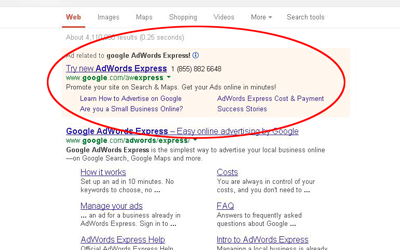 Self-storage business owners are all likely to agree that excellent facility managers can be a deciding factor in the success of an operation. The industry abounds with talented, skilled, dedicated managers who are passionate about customer service and building the business. How do we provide oversight to support that quality manager and remove that problem manager who is a liability to the operation?
Self-storage business owners are all likely to agree that excellent facility managers can be a deciding factor in the success of an operation. The industry abounds with talented, skilled, dedicated managers who are passionate about customer service and building the business. How do we provide oversight to support that quality manager and remove that problem manager who is a liability to the operation?
Auditing for Oversight
Annual or six-month facility audits are an excellent tool to confirm adherence to best practices and identify problems and subsequently take corrective measures. The quality manager will appreciate and respect this process because it provides a level of oversight that will help him or her in improving the operation and avoiding future problems.
Types of Self-Storage Audits
There are several types of audits, but the most common is the financial audit. Financial audits include, but are not limited to, transactions such as timesheets, cash handling, one-time and automatic monthly credit card charges, discounts, retail sales and inventory, and insurance premiums collected from tenants and paid to the carrier. The risk of fraud, embezzlement and identity theft is mitigated with the audit offering oversight and acting as a deterrent to this type of activity.
During an operational audit, the review may include the accuracy of information on tenant leases, ensuring that tenants who have vacated the facility have been removed from the billing system, and a thorough lock audit to ensure that units listed as vacant are actually vacant and that rented units are secured with the tenant’s lock. Delinquencies may be addressed during an operational audit as well as an overall facility inspection that reviews the cleanliness and curb-appeal of the property and maintenance issues such as lighting, climate-control systems, signage, security systems, gates, and computer systems. Exposures can also be identified that are highlighted as a result of a review of deferred maintenance.
A compliance audit examines legal and licensing compliance to ensure that all required licenses and inspections are current. The compliance audit may address statutory elements such as the property’s compliance with requirements under the Americans with Disabilities Act (ADA). Lien sale procedures and documentation are also subject to audit to ensure that lien sales are being advertised and conducted in strict compliance with state statutes. Adherence to state insurance licensing legislation can also be reviewed.
Facility audits are a critical tool for self-storage business operations and a key component of a risk management strategy as a form of risk avoidance. While ongoing internal audits are important, annual third-party audits are a worthwhile investment to help ensure the financial stability of the business as well as to identify activity that could result in a costly lawsuit or tarnish the operation’s relationship and reputation with customers and the local community.
Mike Schofield
President and CEO




